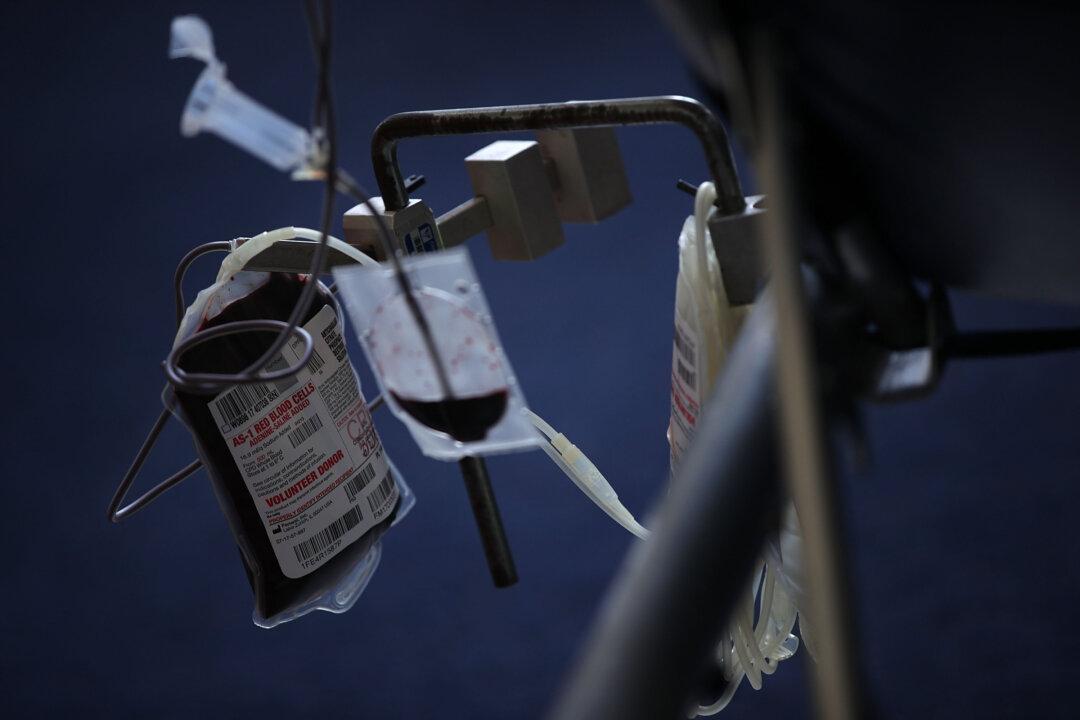Thousands of Britons are to get interim compensation payments of £100,000 after the government accepted the findings of an initial inquiry into the tainted blood transfusion scandal.
Campaigners gave a cautious welcome to the news.

Thousands of Britons are to get interim compensation payments of £100,000 after the government accepted the findings of an initial inquiry into the tainted blood transfusion scandal.
Campaigners gave a cautious welcome to the news.